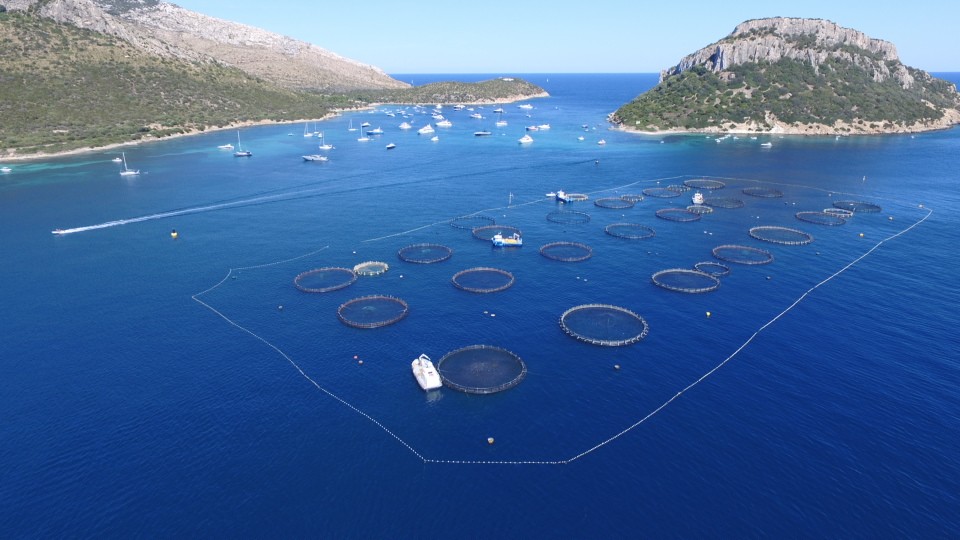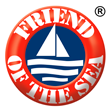Farmed Seabass and seabream from Italian Compagnie Ittiche Riunite awarded Friend of the Sea

18 April 2018 – Italian aquaculture company Compagnie Ittiche Riunite Società Agricola (CIR), has been found compliant with Friend of the Sea’s sustainability requirements for European seabass and gilthead seabream.
CIR’s twenty-one floating cages of different size are protected by grids with suitable size and texture, which prevent birds’ entanglement and fish escapes. The farmed species cannot possibly reproduce in the wild and fish feed is certified sustainable. The company respects all social accountability requirements as requested by Friend of the Sea requirements.
The cages extend 7500 square metres near Figarolo Island in Sardinia, Italy. The Island, named after the widespread presence of fig trees, has been recognised a Site of Community Importance (SCI) together with Capo Figari. It hosts the mouflon, an endangered subspecies of the wild sheep, and several bird species including Manx shearwater, buzzards and ravens.
“We initially came across Friend of the Sea through one of our client from the large-scale industry,” comments Santino Cherchi from CIR “and decided to apply for the sustainability certification whose principles and values are at the base of our work. Moreover, our farm is located in an area of environmental interest, which we consider strategic for our business. For this reason, we respect the marine environment hosting our cages and comply with sustainable practices”.
The geographical position together with the pureness of the waters allow CIR to supply Italian large-scale retailers with fresh fish in 24 hours. Specifically, company’s seabass and seabream end on Esselunga shelves with the label “Naturama”.
“Aquaculture is gaining a growing importance in the international seafood market,” says Paolo Bray, Founder and Director of Friend of the Sea “Retailers and aquaculture companies like CIR increasingly collaborate to reduce their impact on the marine environment to a sustainable level”.
***



